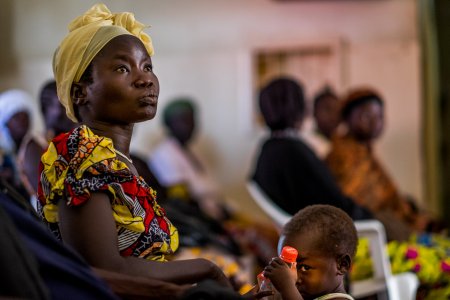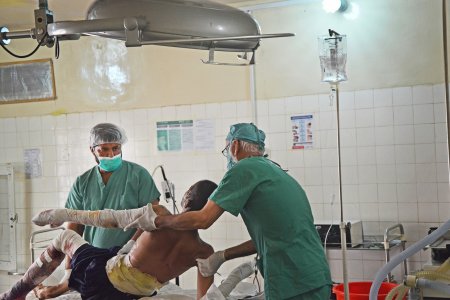 Kate Stegeman
Review
Kate Stegeman
Review
03/30/2017
Michaël Neuman
Michaël Neuman's review of "Medical Humanitarianism: Ethnographies of practice" edited by Sharon Abramowitz and Catherine Panter-Brick (Philadelphia: University of Pennsylvania Press, 2015)
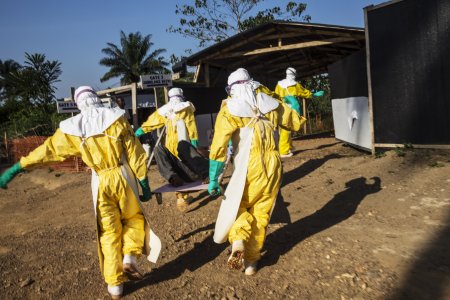 Anna Surinyach
Cahier
Anna Surinyach
Cahier
01/01/2017
Rony Brauman
Michèle Beck
The question of quality in the work of Médecins Sans Frontières has been asked from the very beginning of MSF's existence. On the one hand, the issue of improving the quality of practice is a part of ordinary professional activity; on the other hand, Médecins Sans Frontières' work involved working in distant lands and very specific environments, which demanded adjustments to medical practice as a result.
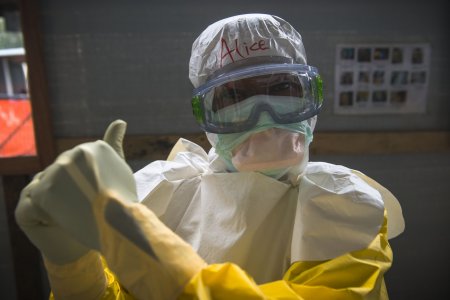 Yann Libessart
Analysis
Yann Libessart
Analysis
02/08/2016
Jean-Hervé Bradol
If MSF has held a preponderant position in the response to the Ebola crisis, it owes it just as much to its intervention capacities as to its capacity for criticism. The following article by Jean-Hervé Bradol embodies perfectly the latter in pointing to the issues that appeared on the occasion of this epidemic.
 Conference
Conference
02/04/2014 - 01:30 PM 07:30 PM
Claire Magone
The polio eradication campaign has indeniably and remarkably succeeded in tumbling down the number of polio cases worldwide. But difficulties currently faced by the Programme -pockets of social resistance in several countries, reinfection of some countries, outbreak of epidemics associated with strains of vaccine-derived polio viruses- indeed challenge one of the main assumptions underlying the objective of the eradication itself : the full compliance of an entire population to a public health program.
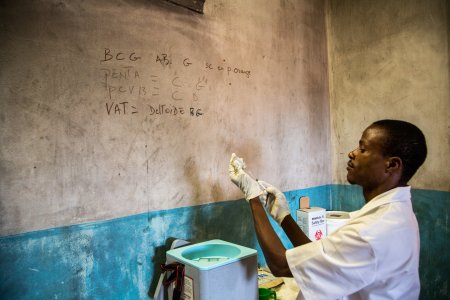 Pierre-Yves Bernard
Analysis
Pierre-Yves Bernard
Analysis
10/22/2013
Claire Magone
In the 1980s, a global commitment was made to eradicate polio in the wake of the eradication of smallpox. As far as the world health community was concerned, this successful experience made it an example model on which to base future campaigns against infectious diseases.
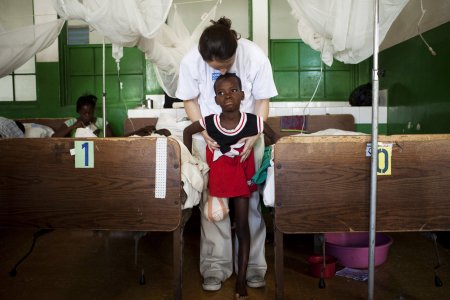 William Daniels
Cahier
William Daniels
Cahier
10/02/2013
Marc Le Pape
Suzanne Bradol
Our survey bears something of a resemblance to a study carried out by Vanja Kovacic in Homa Bay, Kenya, in which she investigated patients’ disease coping mechanisms and their “dependence on medical institutions”.
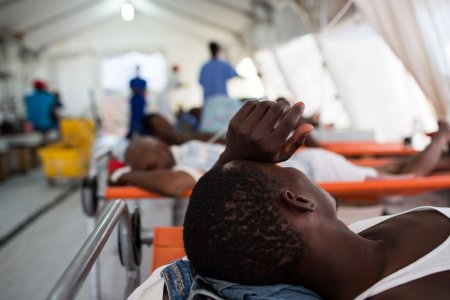 Thomas Freteur
Opinion
Thomas Freteur
Opinion
09/10/2013
Rony Brauman
Three years after it occurred, Haiti's cholera epidemic is still in the news.
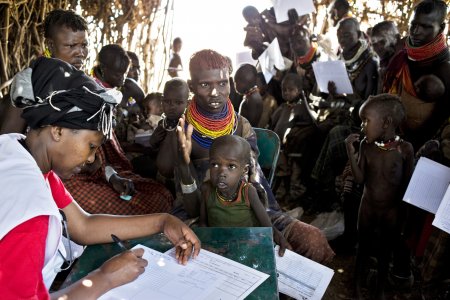 Lynsey Addario
Opinion
Lynsey Addario
Opinion
04/11/2012
Marc Le Pape
This article is about humanitarian exoticism and culturalist convictions: those to which members of NGOs currently adhere.
 Catherine M. Mullaly
Opinion
Catherine M. Mullaly
Opinion
02/28/2012
Michaël Neuman
Two operational situations have recently caused Médecins Sans Frontières to confront the question of torture and the instrumentalisation of medicine by those who practise it.
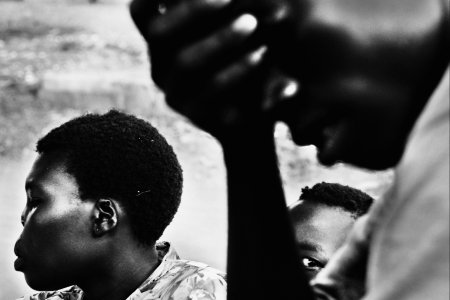 Harald Henden
Opinion
Harald Henden
Opinion
01/23/2012
Marc Le Pape
In "Wartime rapes: men, too", I discussed an article, "The rape of men", by Will Storr published in The Observer on 17 July 2011.
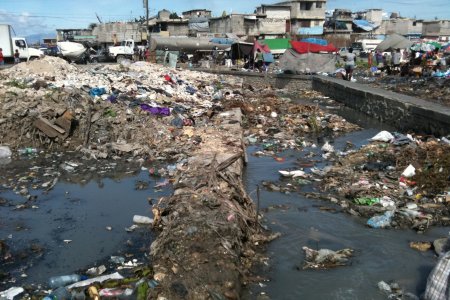 Aurelie Baumel
Opinion
Aurelie Baumel
Opinion
01/25/2012
Claire Magone
Two scientific studies published last year confirmed the origin of the cholera epidemic that struck Haiti in October 2010. It was indeed caused by massive amounts of the bacterium Vibrio cholerae in the Artibonite river delta, originating from the sewage in the Minustah soldiers' camp.
 Kate Stegeman
Review
Kate Stegeman
Review











